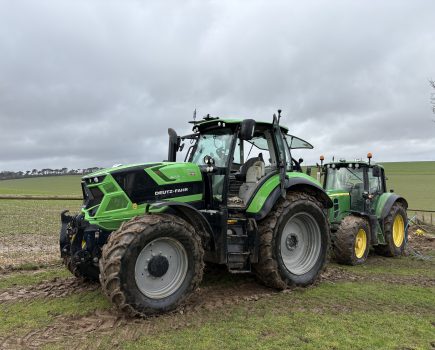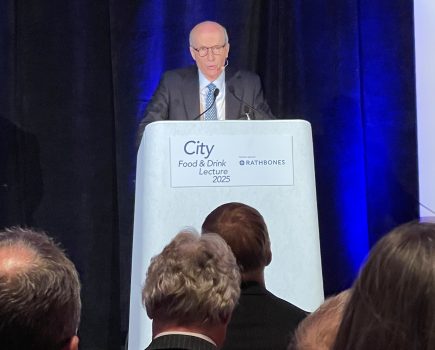With grain and oilseed rape prices currently £100 per tonne lower than they were a year ago, my harvest 2023 does not look likely to produce a lot of profit. There’s not much I can do about that except cross my fingers for a mid-season surge in arable commodity prices. But what hope is there of things improving in 2024 and beyond?
Weak grain prices are worrying enough, but my other problem is the slow but now advanced demise of my beloved BPS. My payment this year will be barely half what it was three years ago and will disappear completely by 2027.
The post-Brexit erosion of my BPS would not have been such an issue had the introduction of the Government’s Environmental Land Management scheme and Sustainable Farming Incentive (SFI) not become such a shambles. As we are all painfully aware, there have been endless delays and disappointments, particularly at the poor payment rates on offer for some of the SFI options.
But, like so many farmers in the South East, I am particularly hard hit by the withdrawal of the BPS because the average quality of my land is so low. Farming poor land has never been much fun but, thanks to climate change, the viability of my more marginal arable acres is being eroded. These poorer fields either have shallow soil, poor soil structure or lack drainage, so they struggle to produce good crops in the face of ever more unpredictable and extreme periods of hot, dry, or wet weather.
But can I expect to see any relief from these pressures? Well, nothing can ever upgrade my soil classifications, but the UK Government is hardly leading the way in the fight against climate change. In recent months it only seems interested in abandoning its timetable to reduce greenhouse gas emissions.
If the UK is going to make any progress in feeding itself, governments will have to devise a subsidy of some sort to deliberately encourage grain production, rather than relying on market forces to keep arable land of lesser quality in production. Such a policy might be necessary, given that the UK already has a massive food trade deficit and is not a net exporter of any food commodity (except barley in some years).
But this government is ideologically opposed to any such initiatives. Indeed, it’s already signed catastrophic food trade deals with Australia and New Zealand that threaten to ruin Britain’s beef and sheep farmers within a decade. Even ex-DEFRA secretary George Eustice, who was farms minister when the deals were signed, described them as “not very good”.
My father, who was certainly no socialist, used to say that farmers always did better under a Labour government. So, perhaps a Keir Starmer victory in the next general election, might be just what my farm needs. Could it make things any worse?







